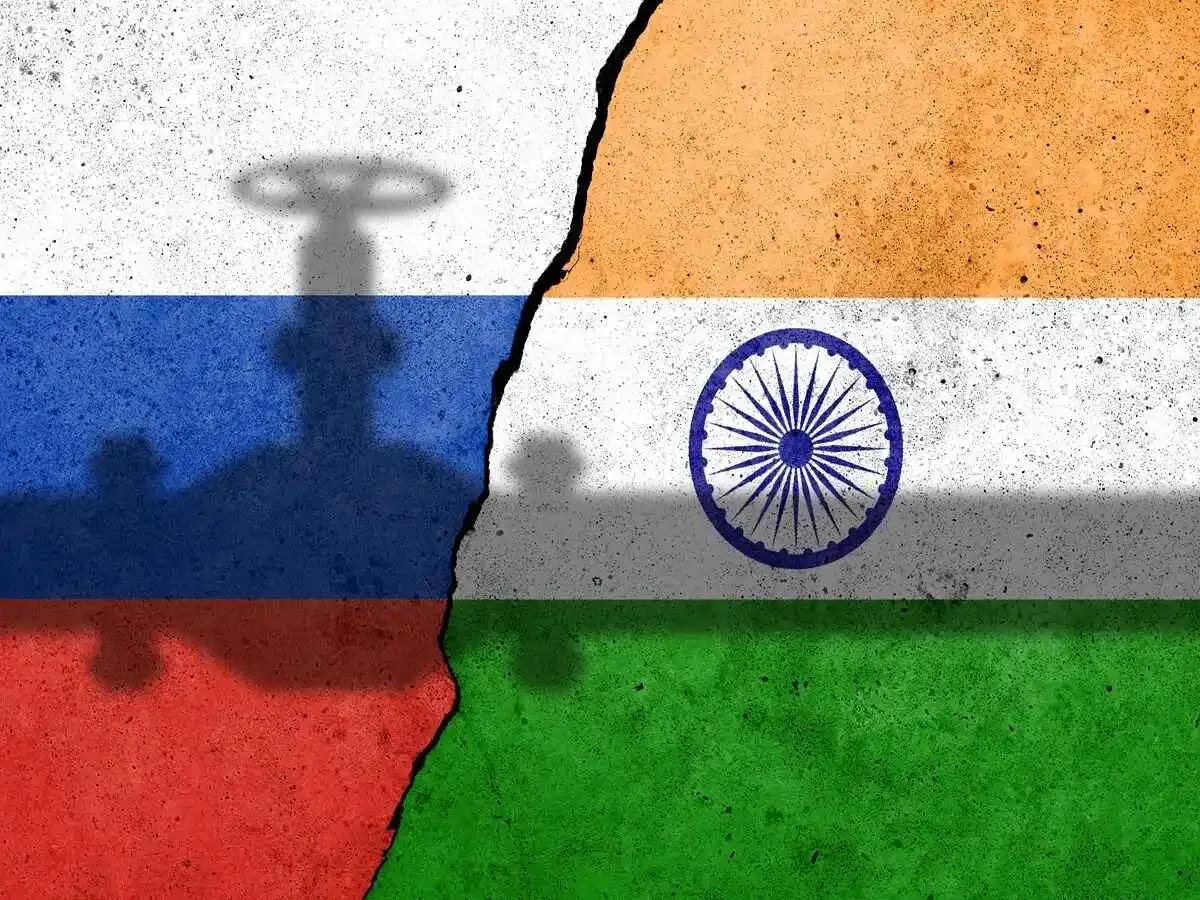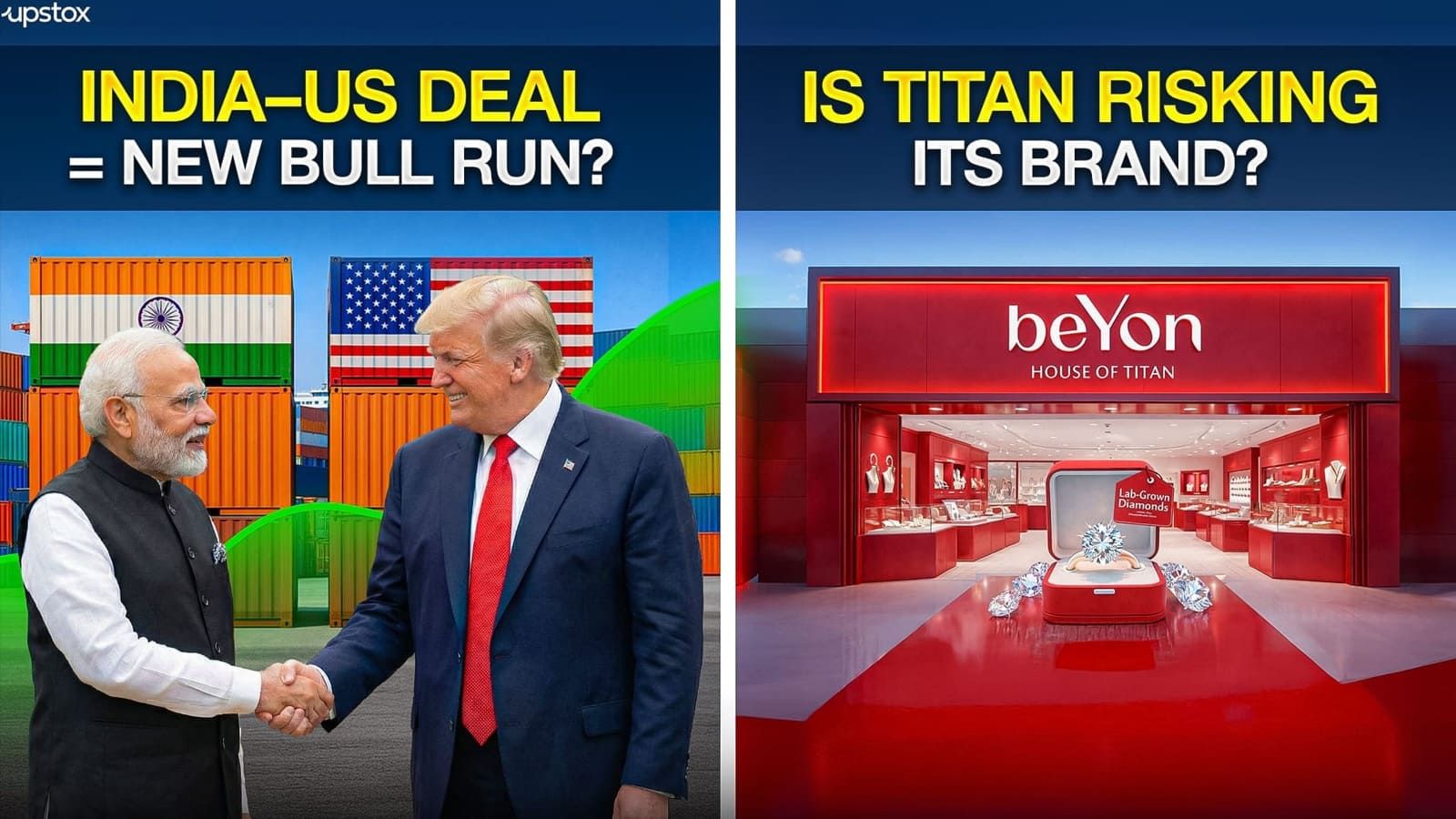Business News
Can India really stop Russian oil purchase? What are the options before it?
.png)
4 min read | Updated on October 17, 2025, 08:56 IST
SUMMARY
US President Donald Trump claimed that Prime Minister Narendra Modi had assured him India would stop buying oil from Russia, calling it a “big step” toward tightening global pressure on Moscow.

Washington has been maintaining that India is helping Putin to finance the war through its purchase of Russian crude oil. Image: Shutterstock
US President Donald Trump on Wednesday claimed that Prime Minister Narendra Modi had assured him India would stop buying oil from Russia.
Speaking to reporters in the Oval Office, Trump said the US was “not happy” that India continued purchasing Russian crude, which he argued was helping fund President Vladimir Putin’s war effort.
“He (Modi) is a friend of mine, we have a great relationship … we were not happy with him buying oil from Russia … He assured me today they will not be buying oil from Russia. That’s a big step,” Trump said.
“He can’t do it immediately; it’s a little bit of a process, but the process is going to be over with soon,” Trump added, saying the phase-out was already “underway.”
Indian oil companies, among the world’s biggest buyers of Russian crude, said they are awaiting official clarification from the government on its future purchases.
Russian oil crucial, abrupt cuts unlikely
Russia now supplies more than one-third of the crude processed in India’s refineries to produce fuels such as petrol and diesel. Cutting off those supplies instantly would be nearly impossible, analysts say, especially because cargoes are typically contracted four to six weeks before delivery.
Many deliveries are already locked in as contracts through November remain intact, so the earliest impact likely would begin in late November or December if the refiners stop contracting and deliveries from Russia.
Going by the contracts entered, the current flows of 1.6-1.8 million bpd of Russian imports look "more realistic" for the coming few weeks, analysts said.
Why Russia became indispensable
India is the world’s third-largest oil consumer and importer, and relies on foreign crude for about 87% of its needs. Traditionally, India bought much of its oil from Iraq, Saudi Arabia, and the UAE, but since Western sanctions pushed down Russian prices, New Delhi turned to Moscow.
In fiscal year 2019–20, Russia accounted for just 1.7 % of India’s oil imports. By 2023–24, that share had surged to about 40%, making Russia India’s top source.
In FY25, India imported 88 million tonnes from Russia out of 245 million tonnes total.
In 2023, Russian barrels sold at $19–20 per barrel below global benchmarks. While that discount has narrowed to around $3.5–$5, refiners say Russian crude still offers high value, especially given its alignment with India’s refining configurations and strong yields of distillate products (diesel, jet fuel).
What alternatives exist
If India were to phase out Russian oil, it would need a multi-regional approach.
The Middle East is the most operationally viable option, with proximity, logistic ease, and grades already familiar to India’s refiners.
US grades such as WTI could supply 200,000–400,000 bpd, but they are lighter and yield less diesel, a disadvantage in India’s distillate-heavy demand and long-haul freight adds cost.
Africa and Latin America could fill in moderate gaps, but are unlikely to match the scale of Russian volumes.
India can import more from the US, but the upside is capped at around 4,00,000-5,00,000 bpd. India has limited upside, due to US grades facing both logistical disadvantages, economic and compatibility challenges with Indian refining systems, which makes a material swing toward American crude unlikely.
Risks: higher costs and inflation
A full withdrawal from Russian oil would carry economic pain. India could face an additional USD 3-5 billion in annual import costs (based on a USD 5 per barrel premium on 1.6-1.8 million bpd).
If global prices surge further, say toward $100 per barrel, the burden could grow considerably.
That, in turn, could fuel inflation, undoing India’s recent gains in stabilising domestic fuel prices. India has used discounted Russian imports as a buffer to keep pump rates steady even when international markets tightened.
Politics vs. reality
While Trump’s claim has made headlines, New Delhi has not confirmed any commitment to end Russian oil purchases. According to Kpler, Trump's suggestion that India will cut Russian oil imports appears to be political posturing
India maintains that its crude purchases do not violate any international laws, as there are no sanctions on purchasing Russian crude. The European Union has imposed bans on fuel derived from Russian oil, but India has adhered to agreed price caps to avoid sanctions.
By signing up you agree to Upstox’s Terms & Conditions
About The Author
Next Story

